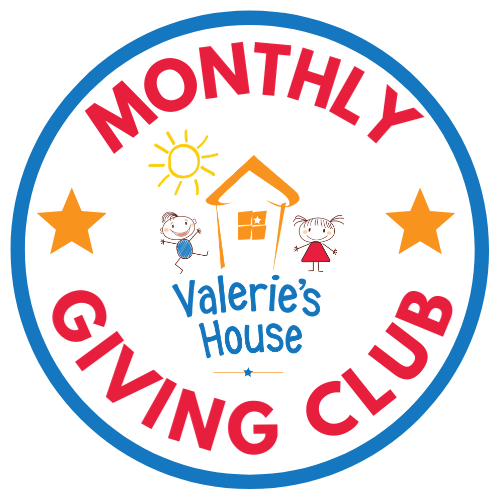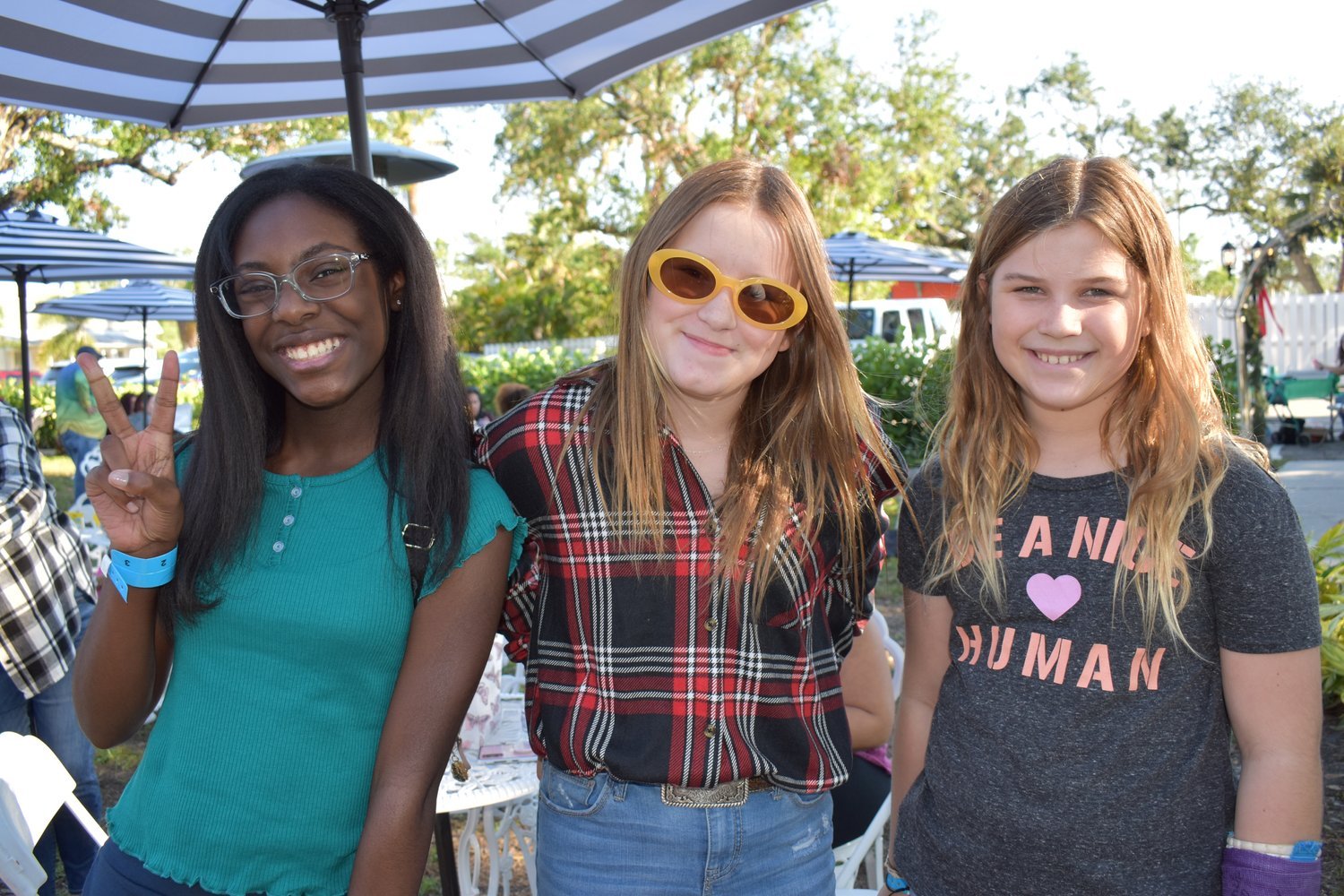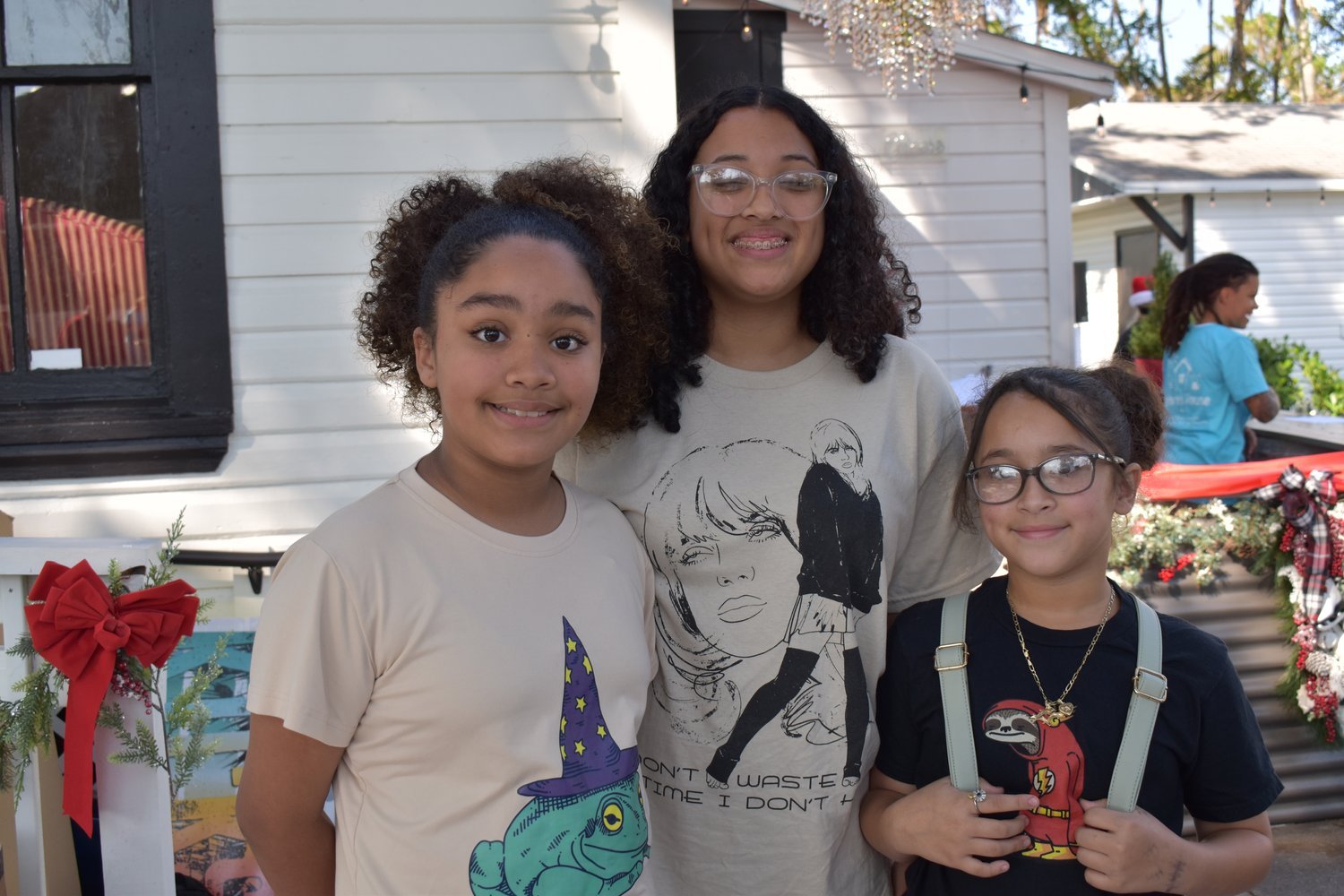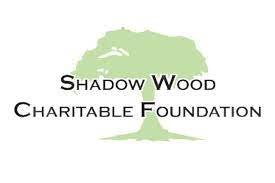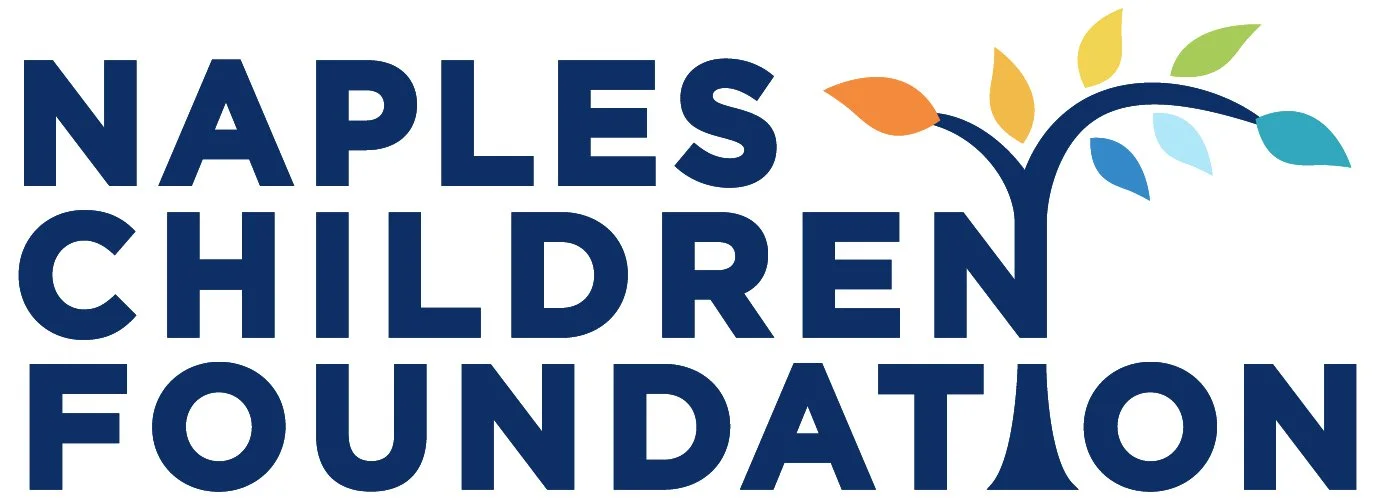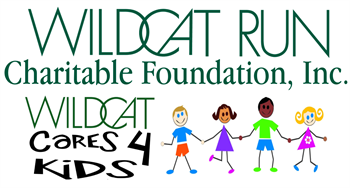Celebrating Social Work Month: A Conversation with Amy Strom of Valerie’s House
/March is National Social Work Month—a time to honor the compassionate professionals who serve on the front lines of mental health and community care. At Valerie’s House, the heart of our mission is rooted in the values of social work: meeting people where they are, treating them with dignity and respect, and creating a safe space for healing.
We sat down with Amy Strom, Vice President of Partnerships and Operations at Valerie’s House, to explore what social work means to her, how it connects to our mission, and why this work is so deeply personal.
The Legacy of Social Work: A Family Calling
For Amy, social work isn’t just a career—it’s a calling passed down from her father, who spent his life helping others and eventually training the next generation of social workers.
“I was very fortunate—my dad was a social worker, and I learned from early on the great impact that through his work he made on so many different individuals,” Amy shared. “He always took the time to stop and talk with people no matter where we were and see the best in people and the best in situations.”
Her father’s journey eventually led him to Case Western Reserve University, where he helped build their field education program. That’s also where Amy earned her master’s degree in social work—continuing a legacy that emphasizes service, compassion, and empowerment.
Why Valerie’s House?
Amy was introduced to Valerie’s House in 2016, not long after it was founded. Like many social workers, she was looking for a way to give back to her community beyond her day job. A colleague told her about Valerie’s House, and she quickly signed up to volunteer.
“I did my first training and first groups in 2016 and really fell in love with the work and the mission,” she said. “It really isn’t a service that individuals know they need—until they need it.”
What began as a volunteer opportunity became a lifelong passion. Amy has helped shape the programs at Valerie’s House from the very beginning, including the launch of specialized peer grief support groups for sibling loss and single fathers raising children.
“Listening to what our families were saying and their needs, and not being afraid to try new things—that’s one of the things social workers do well. We actively listen, not just to respond, but to help problem-solve.”
Peer Grief Support, the Social Work Way
The peer grief support model at Valerie’s House is deeply intertwined with the principles of social work. Families and children are welcomed into a warm, home-like environment designed to make them feel safe and seen.
“No one wants to come in that door and admit that they’ve lost someone or that they’re hurting,” Amy explained. “By making it homelike, it makes it more comfortable. The environment really does play a role.”
From the moment kids walk in and receive a comforting stuffed animal, to sitting in circles and sharing stories with others who understand, the design of Valerie’s House helps normalize grief and create connection.
“We create rituals just like families do. We start every group the same way, we eat dinner together, and we end the same way. That consistency helps build trust and reinforces that they are not alone.”
This intentional, welcoming space is what sets Valerie’s House apart from more clinical environments. As Amy puts it, “We’re not going to say where they should be. We meet them where they are.”
Teaching, Guiding, and Growing the Next Generation
Amy is also a licensed clinical social worker and a qualified supervisor, which means she plays a critical role in mentoring new social workers as they work toward licensure. In addition, she serves as an adjunct professor at Florida Gulf Coast University, teaching courses on trauma-informed care, grief and loss, and human behavior.
“We don’t have enough mental health professionals in Florida. If I can help grow that next generation of passionate, ethical social workers, then I feel like I’m doing my part.”
When asked if she sees herself in her students, Amy lights up.
“Of course. It’s very energizing to go in and see their drive and passion. Although they’re just one person, one person can make such a big difference.”
The Impact of Social Work at Valerie’s House
Since its founding in 2016, Valerie’s House has grown from serving one group of 20 children to supporting over 6,000 grieving children and caregivers across Southwest Florida and beyond. Amy has been part of that journey from day one.
“It’s humbling and rewarding,” she said. “Sometimes the impact of what we do doesn’t show up right away. But seeing a child open up, connect, and eventually help someone else—those are the moments that fill my cup.”
Social work, she emphasizes, isn’t just a job—it’s a way of life.
“I don’t think of social work as just being my job. It’s the way I live.”
At Valerie’s House, that philosophy is lived out every day, in every hug, every story shared, and every connection made. Whether you’re a social worker looking for a place to make a difference or someone hoping to support grieving families, you’re welcome here.
“This place is a family. Not just for our staff and volunteers, but for the families who walk through our doors. If you want to get involved, this is the place.”
Learn more about volunteer opportunities, grief support groups, and how to get involved at Valerie’s House by visiting www.valerieshouse.org.
Keywords: Social Work Month, peer grief support, licensed clinical social worker, Southwest Florida social work, grief support for children, Valerie’s House volunteer, trauma-informed care, social work careers, qualified supervisor, Florida Gulf Coast University social work program.



